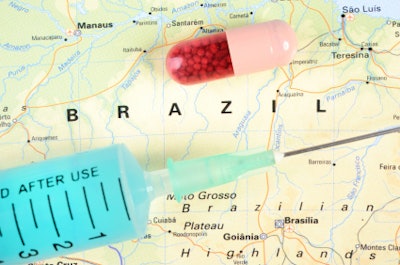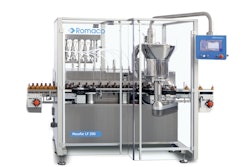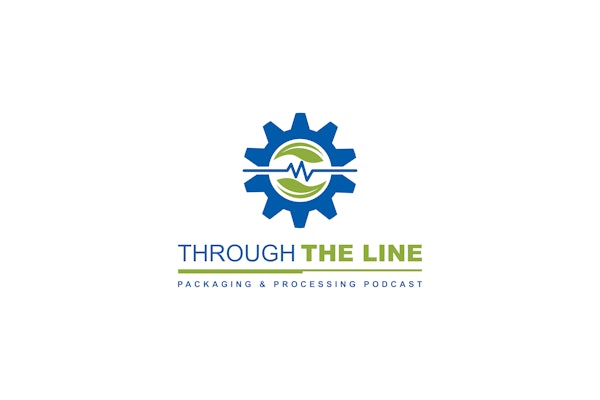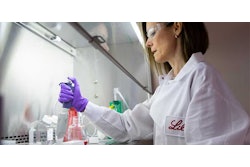
The worldwide pharmaceutical logistics market is booming, and in none of the global regions is this growth more notable than two of the most rapidly expanding markets—South America and Asia.
In a recent article exploring the trend, Air Cargo World cited estimates from Transport Intelligence suggesting that the pharmaceutical logistics industry expanded by more than 12% from 2010 to 2011, reaching a value of approximately $61.7 billion (£40.7 billion) internationally.
Figures for 2012 are expected to show an even bigger increase, partly thanks to growing demand for these services in South America and Asia.
According to the Transport Intelligence figures, the South American pharmaceutical logistics market expanded by more than 20% between 2010 and 2011, reaching a value of $9.4 billion.
In Brazil alone, the sector was worth $5.1 billion after experiencing growth of almost 14% in the same period.
Worldwide, South America and Brazil respectively accounted for 15% and 8.3% of the total pharmaceutical logistics industry in 2011.
This expansion brings its own unique challenges, such as the need to extend the supply chain and deal with the complications related to infrastructure in developing nations and regulations enforced by different governments.
One of the biggest issues for the industry to consider is the need to maintain a temperature-controlled supply chain, which requires the involvement of dedicated solutions providers such as CSafe.
Mark Mohr, director of customer support and partner management for CSafe, said his company is experiencing growing demand for its services in South America. "Although there is more inbound and not a lot of outbound traffic out of South America, clinical trials present a unique opportunity and [it] is a prime market.”
Cold chain challenges
Cold Chain IQ published a report noting that Latin America has become a "major hotbed" of pharmaceutical and supply chain growth but also faces its fair share of challenges, among which is the provision of temperature-controlled logistics.
The human factor is seen as particularly important, with 60% of respondents to a recent Cold Chain IQ survey citing training as the biggest barrier to improving the temperature-controlled supply chain in Central America.
Human error, as opposed to technological shortcomings, remains the cause of the majority of failures in this particular part of the industry.
Another potential obstacle to the growth of pharmaceutical logistics in this part of the world is infrastructure. Factors such as small, narrow aircraft runways preventing long-haul carriers from accessing particular locations mean countries like Nicaragua and Colombia have a low ranking on the World Bank's Logistics Performance Index.
The Cold Chain IQ report also highlighted concerns such as the potential for political instability in emerging regions, as has been seen in the Middle East and north Africa, and questions over security.
Other considerations that pharmaceutical logistics providers have to take into account in South America include unreliable power sources outside urban centers and a diversity of climate zones and geographical settings encompassing everything from rainforests to mountain ranges.
There is no doubt that there is huge potential for temperature-controlled logistics and supply in Latin America but with that opportunity comes many challenges. These include GDP regulations that differ from country to country, remote regions, hostile terrain and vast road networks. So how do you overcome these challenges particularly with air freight and assessing suitable packaging and logistics services for high-value products? These issues will be addressed at the IQPC Panama event.
--Article provided by Cold Chain IQ





















